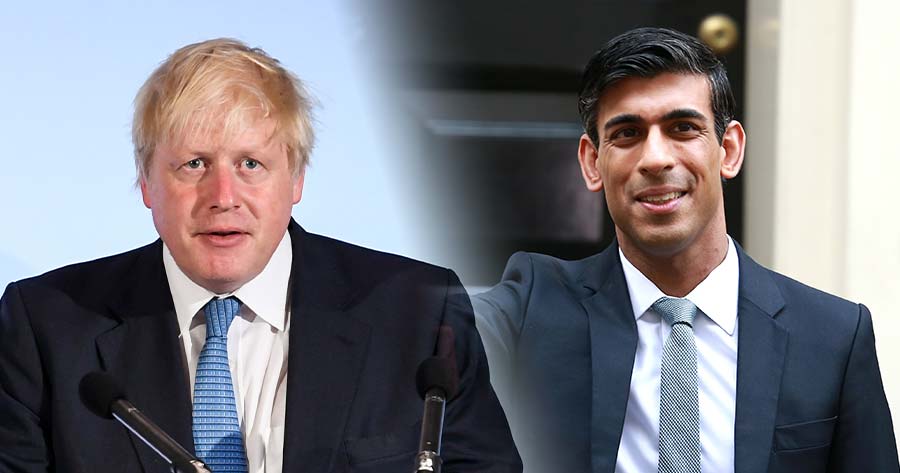On Thursday October 20, the Prime Minister of the United Kingdom Liz Truss announced her resignation after 44 days in the office, making her the shortest-serving prime minister in British history as she failed on the proposal of her economic growth plan that brought a sharp economic downturn to the kingdom late last month.
“I have therefore spoken to His Majesty the King to notify him that I am resigning as leader of the Conservative Party,” Truss said.
She accepted that she had lost the faith of her party, and she would step down next week. The party also saw the return of Boris Johnson to the position. Meanwhile, some eyed Rishi Sunak, former finance minister and Truss’ main opponent during the PM race this year in the Conservative Party, is a favorite to replace Truss.
Truss’ new economic plan, also known as the mini-budget plan, was originally proposed by Truss and her former Finance Minister Kwasi Kwarteng in late September. The plan faced backlash from the market not long after the plan was released and also heavy criticism from the International Monetary Fund and Moody’s afterward.
The Bank of England had to step in to save Britain’s pensions after sterling saw a sharp fall following the mini-budget plan, including £45bn of unfunded tax cuts.
Kwarteng was fired as a result of an unsuccessful plan and replaced by Jeremy Hunt last week, saying that all of the controversial tax measures announced by Kwarteng and Truss would be reversed.




